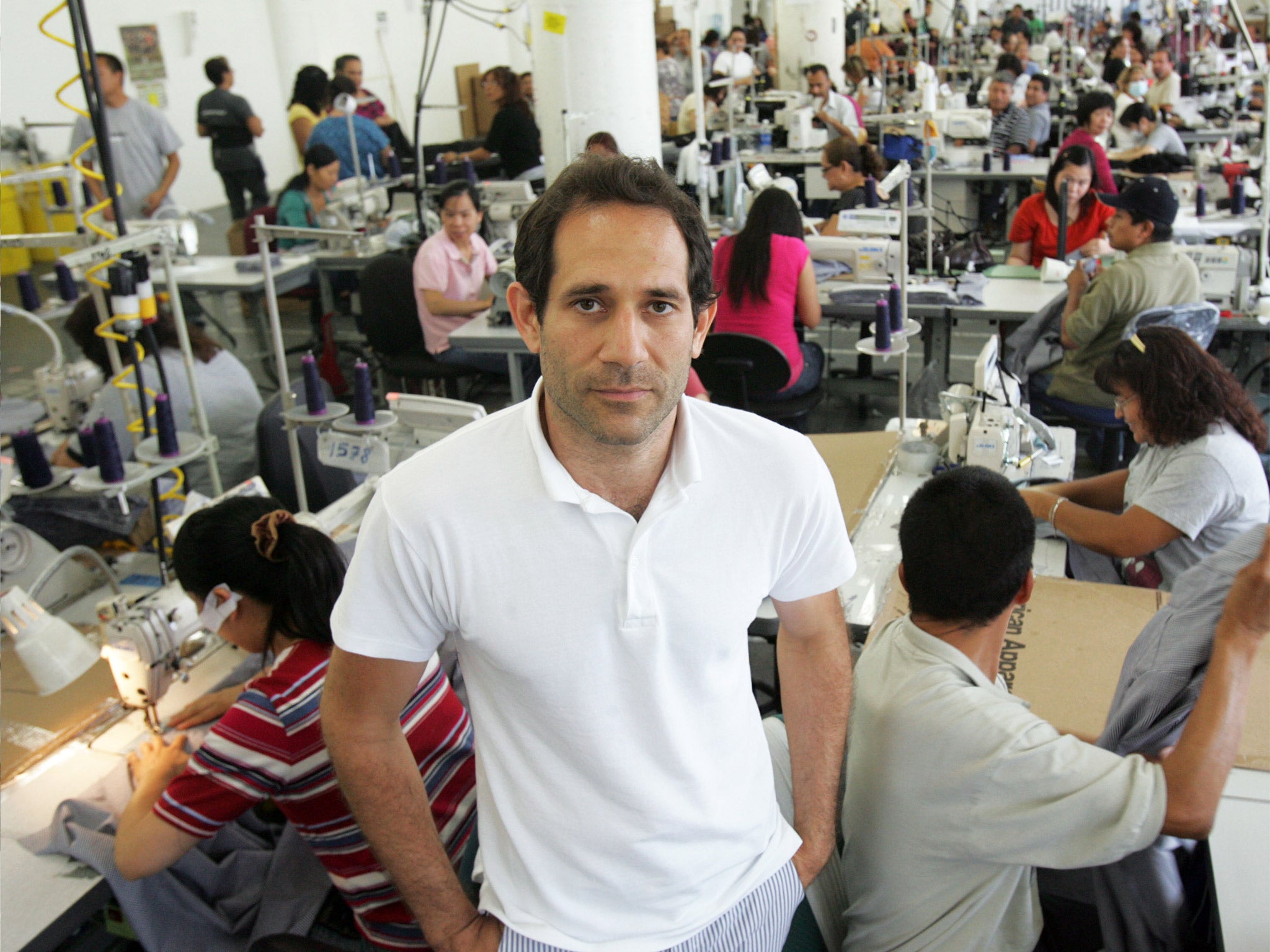American Apparel rejects $300m Dov Charney-led takeover bid
The board of the teen fashion fashion retailer rejected a $300 million (£208.7 million) takeove

Dov Charney, former Chief Executive Officer of American Apparel, latest attempt to return to the company he founded has been rejected.
The board of American Apparel, a teen fashion fashion retailer that filed for US bankruptcy protection in October, rejected a $300 million (£208.7 million) takeover offer from funds that want to put Charney back in charge, according to media reports citing sources close to the matter.
Charney was ousted in December after allegations of misconduct, including misusing company funds.
Hagan Capital Group, an Atlanta-based family investment company with an office in Mayfair, and the Connecticut-based Silver Creek Capital Partners, are behind the new offer for the chain.
Their proposal included $90 million of new equity and a $40 million term loan. They also supported a business plan drawn up by Charney.
Despite its initial knock-back, American Apparel is open to a revised offer from the funds, according to the reports.
This is not the first time Canadian-born Charney has tried a comeback.
He has twice found backers - Standard General and Irving Place Capital - but fell out with both before an offer could be made.
Chad Hagan, the managing director of Hagan Capital, remains confident in Charney, who is also pursuing legal action against American Apparel.
He told the Independent: "Dov is a manufacturing and fashion maven… any financier looking for a great opportunity would look to back him."
Charney founded American Apparel in 1989. At its peak in 2007 its valued soared to almost $3 billion.
Its star began to wane in subsequent years, however, as it struggled to adapt to changing tastes and stirred controversy with its advertising. The Advertising Standards Authority banned one last year after it “could be seen to sexualise a child”.
The company also hit the headlines when it settled a number of harassment suits filed against its Charney, whose alleged conduct was considered lewd. who faced accusations of lewd conduct.
Join our commenting forum
Join thought-provoking conversations, follow other Independent readers and see their replies
Comments